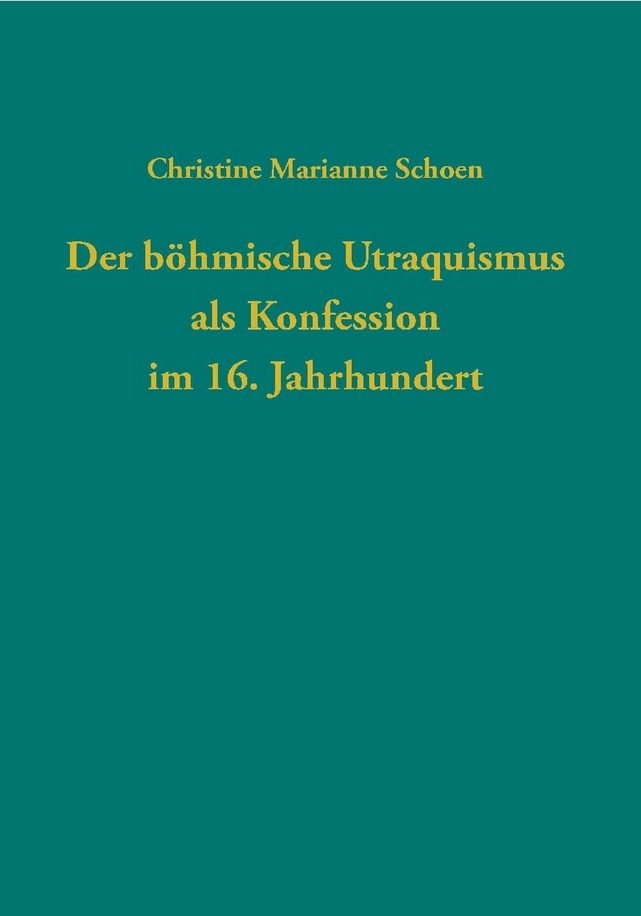
Volume 100 of the QuFRG (Quarterly Journal for Czech Reformation History) places Bohemian Reformation history in its early modern European context. The majority of the Bohemian population in the 15th and 16th centuries belonged to a national church that traced its roots to Jan Hus and his associates. Practicing the celebration of the Eucharist in both kinds (sub utraque specie) and thus known as Utraquists, the members of this church led a distinct, legally sanctioned existence on the fringes of the Roman Catholic Church. Tolerated as schismatics, the Utraquists considered themselves legitimate members of the Roman Church. However, with the advent of the Wittenberg Reformation, a process began that led the majority of Utraquists to embrace the Reformation in 1575 based on the Confessio Bohemica.
This study, accepted as a dissertation in the field of Church History at the Kirchliche Hochschule Wuppertal in the winter semester of 2020/2022, comprehensively analyzes, for the first time, the relevant and largely untranslated source material and reconstructs how Bohemian Utraquism evolved from a primarily ritual-liturgical deviant form of Latin European Christianity into an independent, reformist confessional community in interaction with the Wittenberg Reformation. It highlights the distinctive character of the Bohemian Reformation.
Christine Marianne Schoen, Dr. Theol., born in 1991, studied Protestant Theology in Saarbrücken, Mainz, Prague, Leipzig, and Wuppertal. She is currently a vicar in the Evangelical Church in Hesse and Nassau.